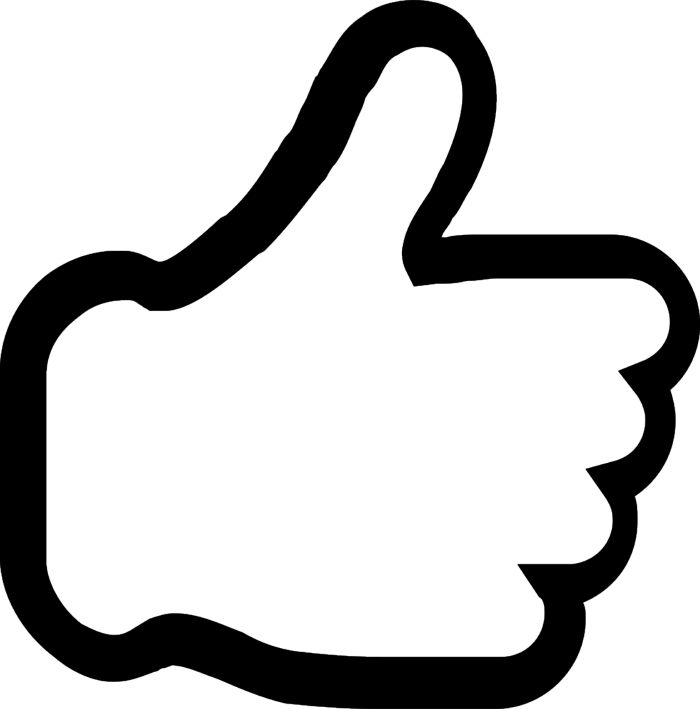The books and movies I liked most and least in 2024
On Sundays I post the selected media I finished that week, usually books and movies, though sometimes videos or other media. I looked back at the list I finished this year.
My top book is Sustainability Simplified, and not because I wrote it. I wouldn’t have written it except that I see zero approaches to our environmental symptoms that even in principle solve the greatest problem humanity faces—PAID culture, a concept the book explains—let alone show how we can enjoy the process. I believe the book, plus
Note, I’m counting works by when I finished them, not by when they were published. Most weren’t recent releases.
My favorite books of 2024
In no particular order:
- The Counterrevolution of Slavery: Politics and Ideology in Antebellum South Carolina, by podcast guest Manisha Sinha
- A People’s History of the United States, by Howard Zinn
- This Land: How Cowboys, Capitalism, and Corruption Are Ruining the American West, by podcast guest Christopher Ketcham
- Cadillac Desert: The American West And Its Disappearing Water, by Marc Reisner
- In my time of dying: How I Came Face to Face with the Idea of an Afterlife, by podcast guest Sebastian Junger
- Meditation for Mortals: Four Weeks to Embrace Your Limitations and Make Time for What Counts, by podcast guest Oliver Burkeman
Some explanation:
The Counterrevolution of Slavery reinforces what I first started learning in James Oakes’s The Ruling Race. Both books describe the culture that emerged among slaveholders in the American South. My biggest lesson:
We learn about Lincoln, Douglass, and abolitionists because we want to be like them, but we should learn about slaveholders because that’s who we are.
When times get tough, we want to solve the greatest problems, but we are at the top of dominance hierarchies. Instead of acting like them, we’ve developed a culture that keeps us here, no matter our skin color.
This Land and Cadillac Desert showed where I fear the Inflation Reduction Act and other huge programs to develop technologies erroneously called “clean,” “green,” or “renewable.” Most of them can’t work, but the bubbles that form from pushing them will result in failed industries and accelerating our environmental symptoms. Those failures will lead to people clamoring for more government support, which will lead to doubling down on those failure, as in the programs in those books.
In My Time of Dying read as interesting for most of the book, but built to a crescendo at the end that recalled Hesse’s Siddharta. I think every other reviewer missed the art of this book. Yes, the book was about near death experiences, but I found it led me to reconsider my relationship with my father beyond the usual way that we can’t talk to people after they die.
The books I disliked the most in 2024
- White Fragility: Why It’s So Hard for White People to Talk About Racism, by Robin DiAngelo
- The 1619 Project: A New Origin Story, by Nikole Hannah-Jones and the New York Times Magazine
- How to Be an Anti-Racist, by Ibram Kendi
- Woke, Inc.: Inside Corporate America’s Social Justice Scam, by Vivek Ramaswamy
- The Population Bomb, by Paul and Anne Ehrlich
The first three books on the list purport to be on racism but confuse racism with white supremacy. They misunderstand and mischaracterize what causes racism so can’t tell what it is or what to do about it. They assign racist intent to people without it not to people with it. More explanation will have to wait my next book.
Woke, Inc didn’t seem authentic. I suspect a ghostwriter wrote it. It disappointed me for something from a presidential candidate. He was more lobbing grenades than understanding and trying to solve a problem.
The Population Bomb I found readable and reasonable in what it presented, but I couldn’t distinguish it from how Paul Ehrlich used it. He insults people who disagree with him. He seems to have soured people from understanding him and acting on a situation he understands from one perspective. He didn’t approach the situation from a leadership perspective. Now, for generations we have to act in the wake of his scorched earth work.
My favorite movies of 2024
- Yi Yi
- On the Waterfront, directed by Elia Kazan, starring Marlon Brando, Karl Malden, Lee Cobb, Rod Steiger, and Eva Marie Saint
Yi Yi captures life that it spoiled me for nearly all dramas. They don’t measure up in comparison. They rely on gimmicks like big plot points like murders or surprises few of us experience (though Yi Yi contains such a point, the movie treats it at a level many of us might in our lives).
On the Waterfront hit me in two ways. First, watching Brando, knowing no one had acted like him in this movie except him in Streetcar Named Desire inspired me. He found in the performance art of acting, going back thousands of years, bold new ways to act. I intend to advance the performance art of leadership—in particular, sustainability leadership—as much.
I watched a bunch of movies that came out more recently, like the Deadpool movies and such, but they don’t measure up. Maybe it’s not fair to compare them to such classics.
Since I reread Man’s Search for Meaning this year, I have to clarify that I consider it out of category. In terms of improving my life, it surpasses all others, for what I learned from it in history as well as the skills it led me to develop.

Read my weekly newsletter

On initiative, leadership, the environment, and burpees